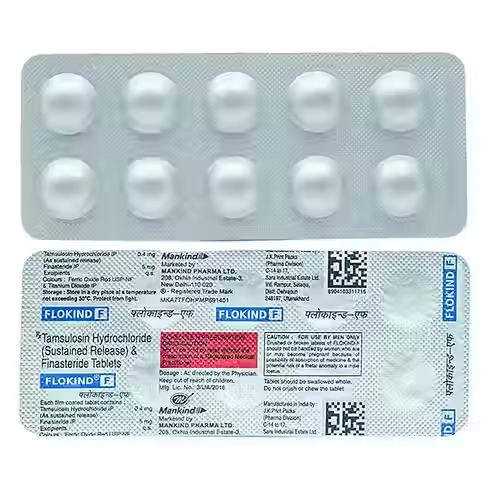USA Toll free number:
+1 (719) 601 9825
Free shipping all order above $199 - Shop smart, Save more!!!
Track order

.png)
Fenbendazole Tablet:-
What Is Fenbendazole?
Fenbendazole is an anti-parasitic medication commonly used in veterinary medicine to treat a variety of gastrointestinal parasites such as roundworms, hookworms, whipworms, and certain tapeworms. It is widely used in animals such as dogs, cats, horses, and livestock. Although not FDA-approved for use in humans, fenbendazole has gained attention as a potential off-label treatment for certain conditions, including experimental cancer therapies. Clinical research is still ongoing, and any human use should be discussed with a qualified healthcare provider.
Fenbendazole and Cancer Treatment
Fenbendazole is currently being studied for its potential role in treating cancer. Some anecdotal reports and early lab studies suggest that it may help inhibit cancer cell growth by disrupting microtubules and glucose uptake. However, the FDA has not approved fenbendazole for cancer treatment in humans, and the World Health Organization (WHO) does not endorse its use for this purpose outside of clinical trials.
Uses of Fenbendazole
In today’s world where toxin exposure and environmental contaminants are increasingly common, immune health has become a major concern. Fenbendazole may help manage parasitic infections that compromise the gut and immune function. Check out the fenbendazole 222 mg tablet or powder price online if considering veterinary-approved options for pets.
Major Benefits of Fenbendazole
-
Effective against parasites: Treats gastrointestinal parasites like roundworms, hookworms, whipworms, and some tapeworms.
-
Supports gut health: Helps reduce the parasite burden that often weakens the immune system.
-
Potential anti-cancer research: Preliminary studies suggest it may have anti-cancer properties, although human use is not approved.
-
Low toxicity profile: Generally well-tolerated in animals, with a wide safety margin.
-
Ease of administration: Available in granule, paste, and tablet form, making it easy to give to animals.
How Does Fenbendazole Work?
Fenbendazole works by inhibiting the formation of microtubules within the parasite's cells. This prevents the parasite from absorbing nutrients, leading to its death. It is particularly effective in disrupting energy metabolism within parasitic cells, which makes it unable to survive and reproduce.
Dosing Information
Usual Veterinary Dose for Dogs
-
22.7 mg/lb (50 mg/kg) orally once daily for 3 days
-
Repeat treatment may be required in cases of reinfection or persistent exposure
Experimental Human Use (off-label, not approved)
-
Some protocols (unofficial and anecdotal) suggest:
-
Fenbendazole 222 mg per day for 3 days on, 4 days off, often for several weeks
-
Often combined with vitamins (e.g., Vitamin E, CBD oil, and curcumin), though clinical evidence is lacking
-
Warnings
-
Do not exceed recommended dosage: Overuse can cause liver stress and other side effects.
-
For veterinary use only: Not approved for human use by the FDA.
-
Monitor liver function: If used off-label, liver enzymes should be monitored regularly.
-
Stay hydrated: Adequate water intake may help with metabolism and reduce any mild side effects.
Missed Dose
If a dose is missed, administer it as soon as you remember. However, do not double the dose if it is close to the next scheduled dose.
Overdose
Overdosing may result in liver toxicity, vomiting, or gastrointestinal upset. Immediate medical attention is advised in such cases, even though fenbendazole has a relatively high safety margin in animals.
.jpg)

.png)
.png)
.png)

%20(1).jpg)

%20(1).jpg)
%20(1).jpg)















